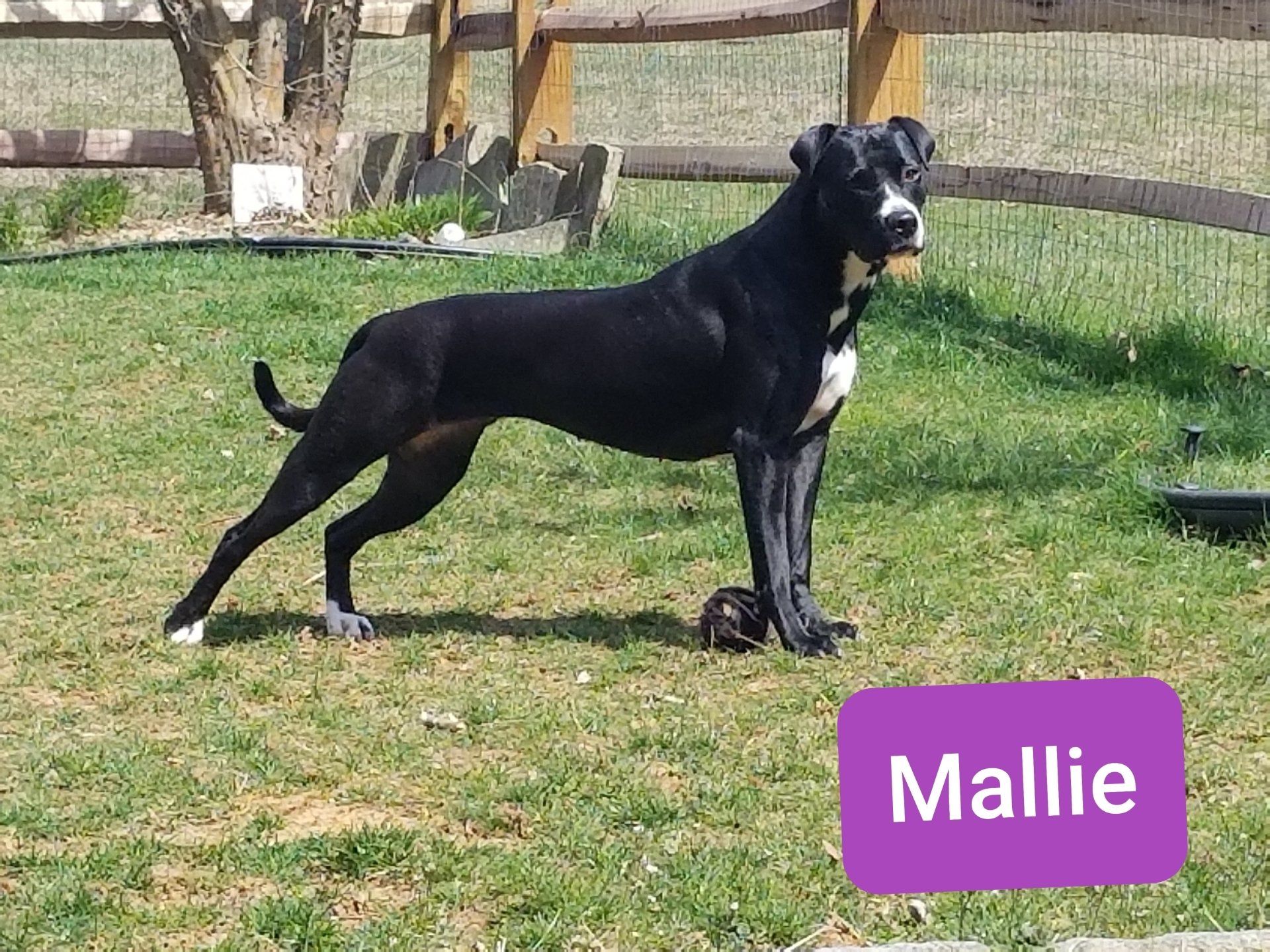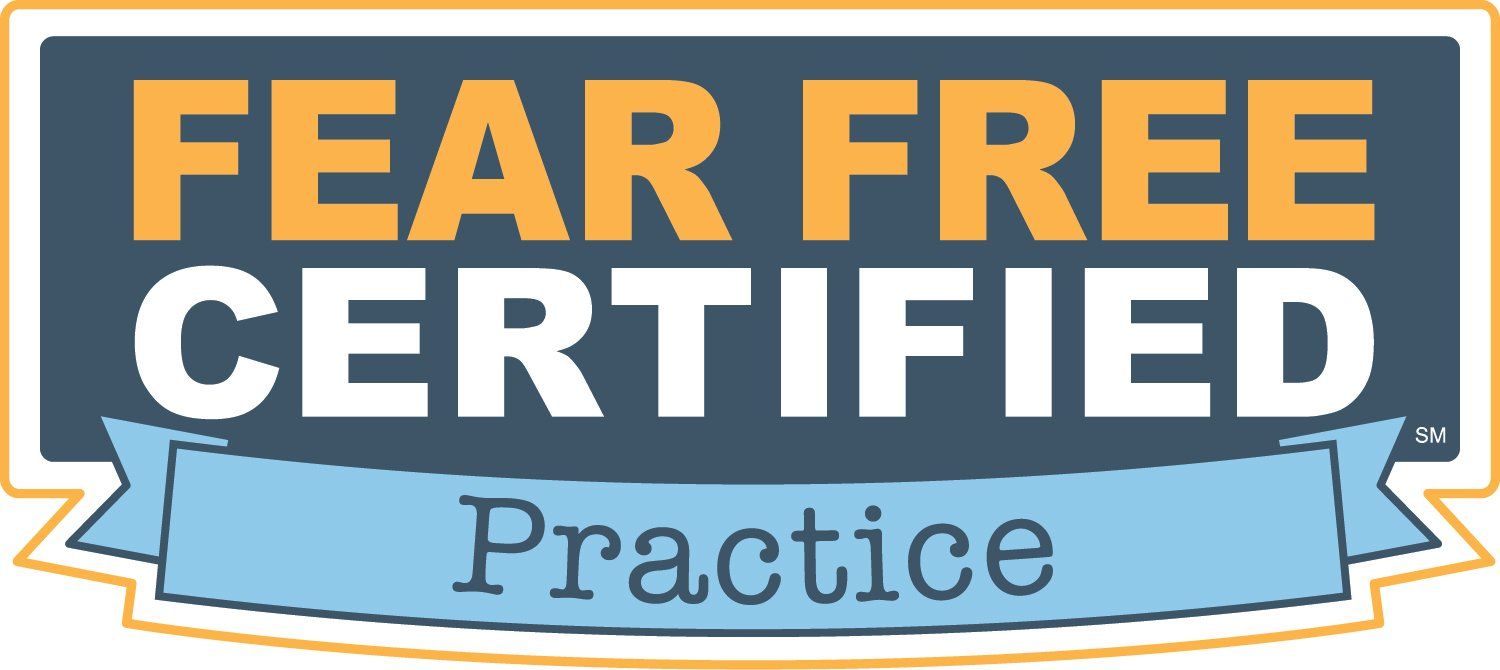Heartworm Disease In Dogs and Preventive Options
Stephanie • January 7, 2020

Today I want to discuss heartworm disease in dogs and your preventive options. Heartworm disease is transmitted by mosquito bites. It is expensive to treat, can be fatal to the dog and so can the treatment for heartworm disease. The best way to protect your dog is with year round preventive. Many people stop using heartworm preventive on their dogs in the winter months, but in Maryland, it was 60 degrees 2 days ago. In January... Certainly, mosquitoes will still be alive and feeding and that is the reason the American Heartworm Society recommends using a heartworm preventive year round. There are many great products on the market that, when given consistently and at the same time every month, are highly effective. If you're anything like me, however, you may forget or give the product late. I have had 2 adopted dogs that suffered from heartworm disease prior to rescuing them. I know the importance of prevention and I'm still not great at remembering to give the preventive on time. Life happens to all of us. The problem is, giving the product even a few days late can drastically reduce its effectiveness. If you are one of the few owners that never give a dose late, I say kudos to you, you deserve a gold star for sure.
There is a product I want to mention called Proheart. It is an injectable heartworm preventive that lasts either 6 or 12 months, depending on the dose given. It is 100% effective, is as safe as a vaccine and the cost is comparable to the oral products available.
I use Proheart on my own dog, Mallie and recommend you talk to us about whether it would be a good option for your dog too.
When it comes to what you should feed your pet, there’s a ton of questions and controversy over the best type, brand and even method. There are probably thousands of available diet options ranging from big name brands to ma and pa store brands to making your pet’s food yourself. I wanted to discuss some info that may help you make that decision. First, foremost and most important- cats and dogs NEED to eat MEAT. Dogs are omnivores and cats are obligate, or true, carnivores. This is not an option, folks. If you are a vegetarian for your health or environmental reasons, that is amazing and wonderful, but please do not do that to your cat or dog. Without meat, our furry friends can become very sick or worse. There may be occasions when your vet may recommend a vegetarian diet for your *DOG* when checking for allergies, but you should only do this under the direct supervision of a veterinarian. 2- A possibly a delicate subject- RAW DIETS. I know some people swear by feeding raw diets and raw meat. I’m not going to tell you whether you should or shouldn’t feed raw, that’s something you can discuss with Dr. Johnston. I want to offer some considerations, however. Raw meat has bacteria, parasites and potentially protozoa in it. There was a study done by Joffe/Schlesinger that found salmonella in the raw diets and fecal samples of the dogs eating raw chicken diets in 80% of those tested. Now I pose some food for thought (har-har); Does your pet give you kisses? Do you have children? Does your pet lick or groom itself? These things put you and your family at risk for contamination too. 3- BY-PRODUCTS. Bad, right? Nah, that’s just something that some food companies want you to believe. A marketing gimmick. Regarding meat, a by-product is anything other than muscle meat. This includes liver and other organ meats. It DOES NOT include things like feathers, hooves, or other gross things our pets shouldn’t eat. By-product/organ meat can actually be *more* nutritious than muscle meat, which can be lower in calcium content and other important vitamins and minerals. It can also be a great source of protein. And what about by-product meal? It’s a highly digestible source of protein for your pet. 4-GRAIN-FREE. This is a great example of what trends for humans should not be trending for cat and dogs. But what about Fluffy’s allergies? Grains probably aren’t the cause of them, it’s not impossible but it is quite rare. Grains are a great source of energy, fiber and other important nutrients that our pets need. There has also been a link with Dilated Cardiomyopathy (enlarged heart and heart failure) in dogs from feeding them grain-free diets. Let me know if you want more info on this. 5- CORN. Just a filler that is hard to digest, can cause allergies and should not be fed to pets. Wait, what? That’s not right either. Corn offers healthy carbohydrates, protein and other great nutrients and corn gluten meal is highly digestible. It can cause allergies but, like grains, is also rare. 6- HOME-MADE DIETS- We aren’t opposed to owners making their pet’s food. Just remember, it needs to be balanced and done just right. You should consult a board-certified veterinary nutritionist for advisement. There are many things to consider, cat/dog, male/female, older/younger, breed, health history, etc… There’s a lot more involved than just making some chicken and veggies for your pet. So what do we recommend? Sticking to your major, name brand diets is best. We like Hill’s Science or Prescriptions Diets, Purina’s premium diets such as Pro Plan or ONE, Royal Canin or Iams. Need some more info? Check out the American College of Veterinary Nutrition at www.acvn.org Or Tufts University recommendations at https://vetnutrition.tufts.edu/best-food-for-your-pet/

